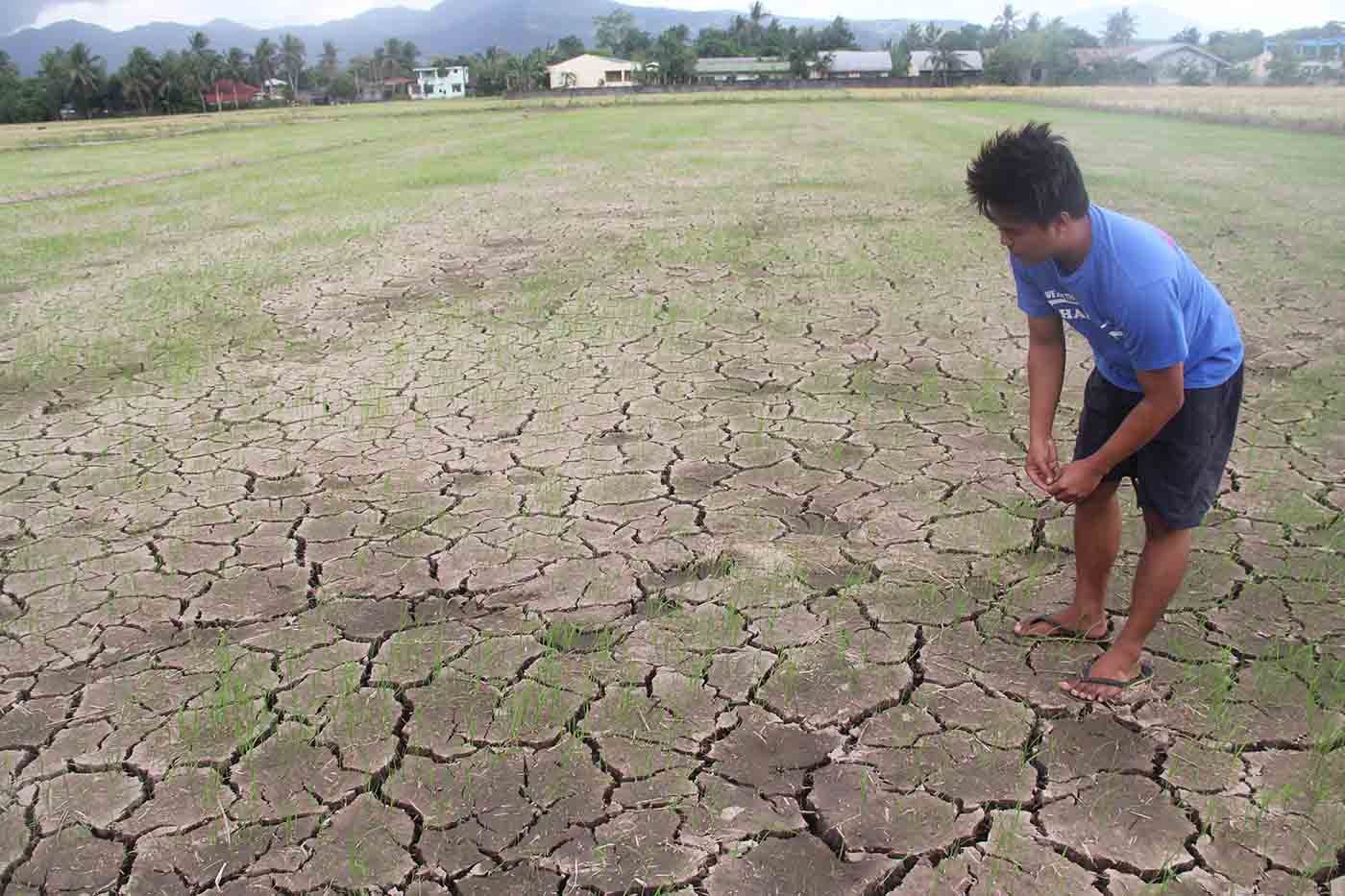SUMMARY
This is AI generated summarization, which may have errors. For context, always refer to the full article.

MANILA, Philippines – An alliance of business groups and civil society organizations called on the government to immediately ensure water security, after the state weather bureau warned that a “full-blown” El Niño will be hitting the Philippines this year.
In a press conference on Thursday, February 21, the Movement for Water Security (MWS) presented its recommendations.
Citing World Economic Forum data, the alliance said water demand is seen to outstrip supply by 40% in 2030.
This could be worse for the Philippines, which is one of the countries highly vulnerable to climate change. (READ: Climate change: Why PH should care)
“Damaging floods and droughts are rampant, we have lost 5.7 million hectares of denuded forests and 300,000 hectares of mangroves. We collect 4% of rainwater, compared to India’s 67% in certain areas,” MWS said.
It recommended that various water-related agencies improve coordination “for effective water governance.”
This way, water harvesting would be properly implemented by the government and followed by the private sector before El Niño hits.
MWS also pointed out that the country’s river basins and 143 watersheds, as well as surrounding forestlands and mines, should be monitored well.
“[The government] should have a minimum of 5 full-time personnel to support the multi-sectoral River Basin Management Council composed of local government units, government agencies, and the private sector,” said the alliance.
Last Wednesday, February 20, the Philippine Atmospheric, Geophysical, and Astronomical Services Administration (PAGASA) explained that El Niño usually lasts 8 to 12 months. In effect, there will be fewer tropical cyclones and less rainfall.
Alyansa Agrikultura spokesperson Elias Jose Inciong said during the press conference that the Philippines still has a chance to prevent problems from escalating.
“For other countries, it has already gone worse…. Let’s tell the government not to wait until disaster hits,” he said in a mix of Filipino and English.
“In India, their problem is drought, in China their problem is flooding, drought, and pollution…. In the Philippines, we have the chance to avoid that if this movement works,” he added.
Open to partnerships
In a statement, the Department of Environment and Natural Resources (DENR) said it is open to more partnerships with the private sector for the implementation of the Enhanced National Greening Program (ENGP).
The ENGP is the government’s flagship reforestation initiative which will cover 7.1 million hectares (ha) of degraded forestlands from 2016 to 2028. Under the Duterte administration, the DENR is eyeing to cover 1.2 million ha.
Environment Secretary Roy Cimatu signed DENR Administrative Order 2019-03, which boosts private sector inclusion in the ENGP. It also lengthens contract durations from 3 years to 5 years.
Firms can enter into public-private partnerships to establish new ENGP plantations, maintain and protect existing plantations, as well as protect forestlands outside the ENGP areas.
Forest Management Bureau Director Nonito Tamayo said in the statement that the changes came from Cimatu’s order to audit all ENGP sites. – Rappler.com
Add a comment
How does this make you feel?
There are no comments yet. Add your comment to start the conversation.